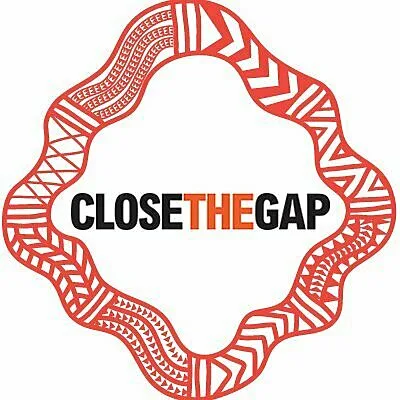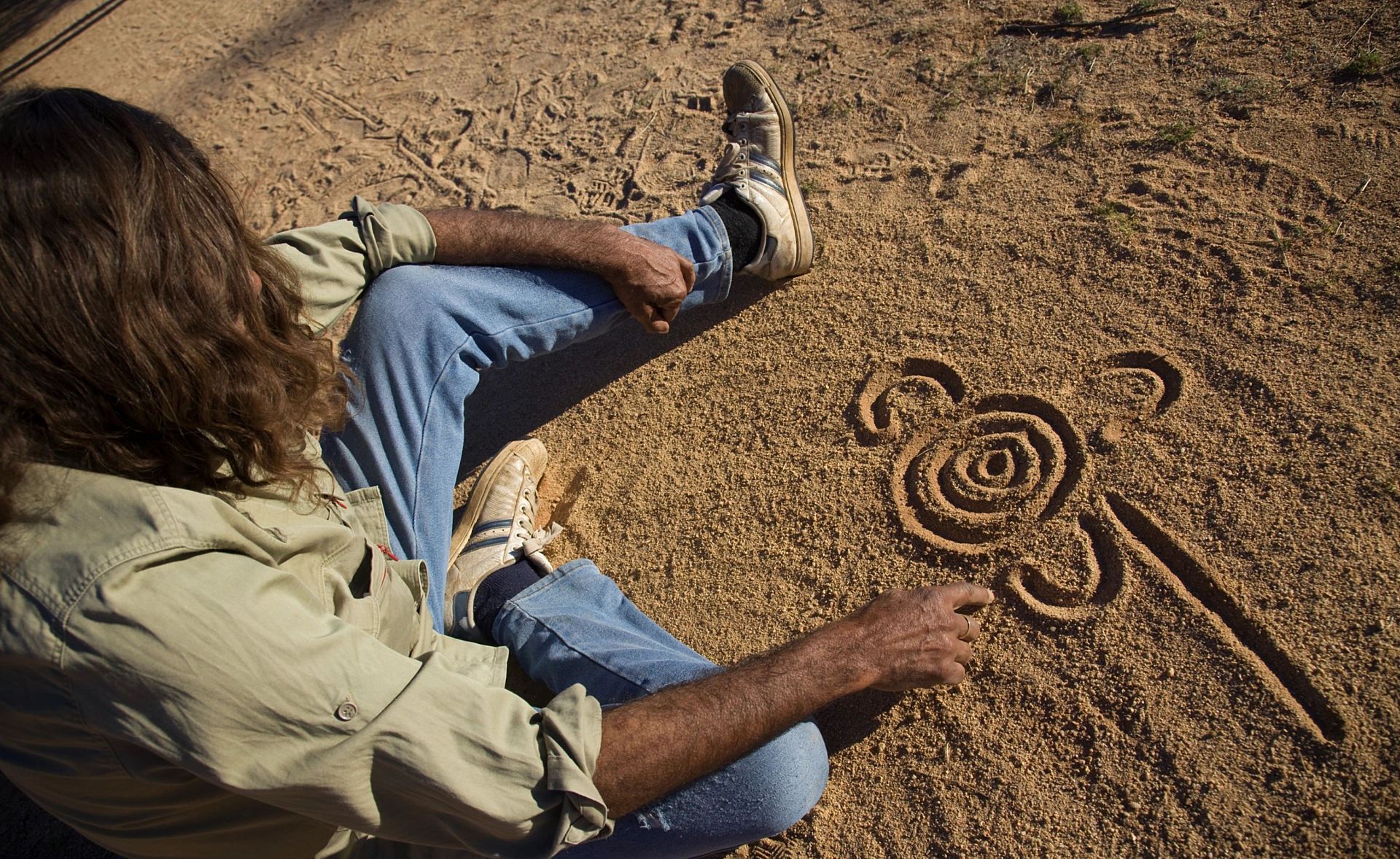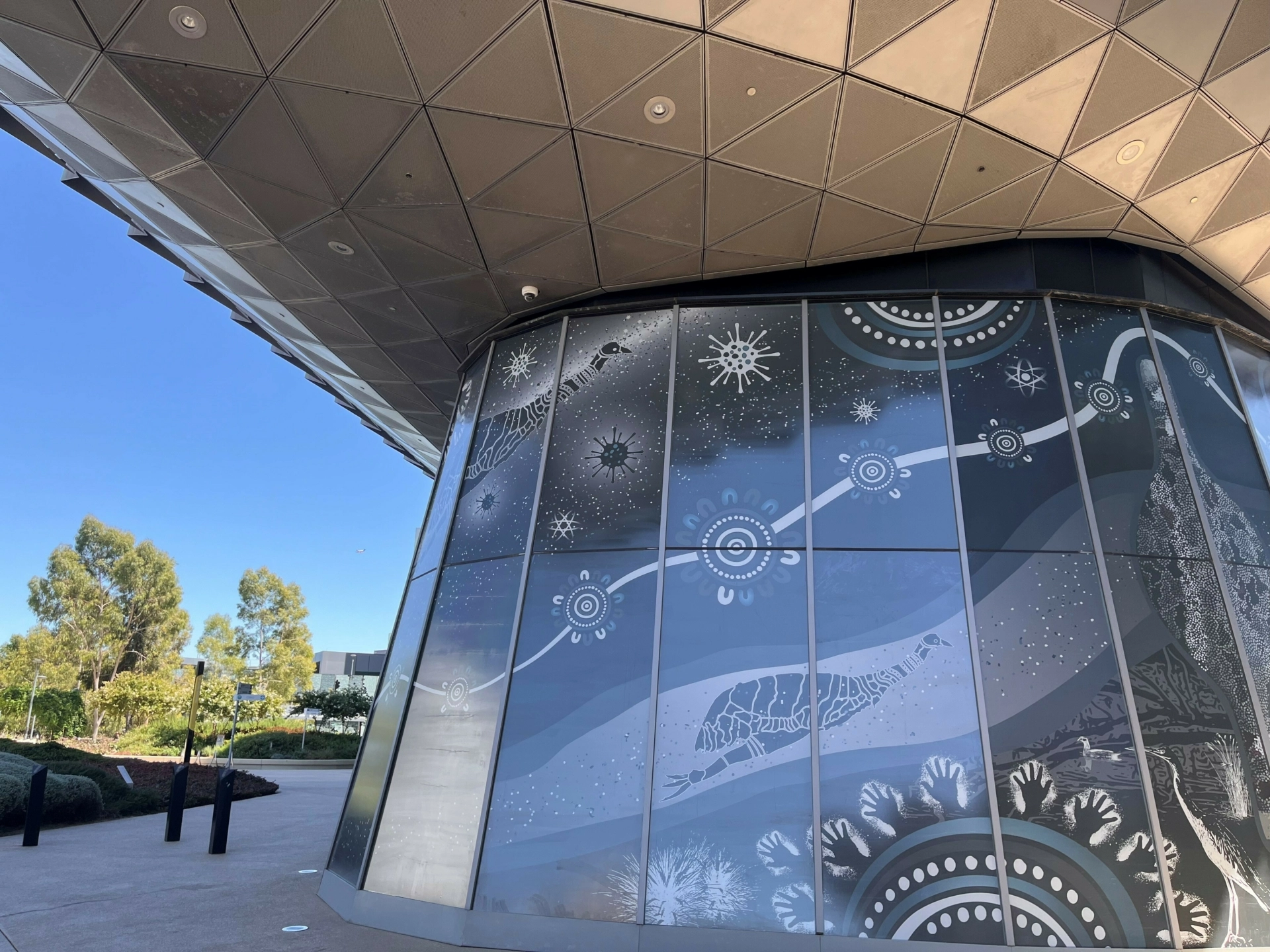By Clyde Rigney Jr - Senior Research Officer with Wardliparingga Aboriginal Health Equity Theme
It is that time again, the day in our national calendar where we reflect on the spirit, health and wellbeing of our Aboriginal & Torres Strait Islander people and communities, through the launch of the 2024 Close the Gap campaign.
The themes of 2024 Close the Gap report are Progressing Voice, Treaty, Truth, Leadership and Governance and Building our Economies. The report was prepared by the Lowitja Institute for the Close the Gap Campaign Alliance Group.
We cannot commence this discussion without acknowledging the disappointing outcome of the 2023 National Referendum where the Australian public rejected the aspirations of Aboriginal & Torres Strait Islander people for constitutional recognition through a referendum that also proposed an Aboriginal and Torres Strait Islander Voice to Parliament. The outcome of the referendum has many in Australia, both Aboriginal and Torres Strait Islander and non-Indigenous people wondering ‘where to from here?’
Here in South Australia, the Government have continued with its election commitment and has worked with Aboriginal & Torres Strait Islander people in progressing a Voice to the South Australian Parliament. We must continue to stay committed in our aspirations of progressing and embedding our Voice, given the disempowerment of Aboriginal people over history. We must remember that we do not just do this for us, we do this in recognition of our Elders. Let’s be united in it as it’s all of our history, all of our story.
In Australia, both the Victorian and Queensland governments are on a path to treaty, with Victoria the most progressed. For generations, Aboriginal & Torres Strait Islander people have called for treaty to acknowledge our sovereignty and to declare that sovereignty has never been ceded. To acknowledge and commit to entering into a relationship where self-determination is embodied to reframe the power inequity that still exists, for this is an aspiration of all Aboriginal & Torres Strait Islander people.
Our aspiration for treaty is directly linked with a commitment to truth-telling when it comes to Australia’s settler history – one that asks for the righting of wrongs and respect of our unique connection to this Country, and relationship that has shaped its care and management for thousands of years. All Australian’ need to come to terms with the fact that we cannot talk about this country, its lands and waters, without talking about the unique connection of our First Peoples and Nations. We are intrinsically linked; it is who we are.
In telling the truth about Australia’s settler history, we must also acknowledge that the inherent leadership and governance roles of First Nations and Peoples were also significantly impacted, to the point where all ancestral delegated authority was stripped from us and replaced with legislation of protection and assimilation. Leadership and governance have been central to the lives of First Nations people for thousands of years.
My own people, the Ngarrindjeri, had our own parliament-like body called the Tendi, led by elected leaders of the nation’s clan groups, uniquely responsible for upholding Ngarrindjeri law, dispute resolution, arbitration of societal and cultural matters. Above all, the Tendi to maintained Ngarrindjeri interconnection between our lands, waters, living things and people – body and spirit. Ngarrindjeri, like many other First Nations in Australia, have this history. It still drives our aspirations today.
Lastly, the unique relationship between Aboriginal & Torres Strait Islander people and communities has always prioritised sustainability of our lands and waters as the underpinning foundation of our economy, with the belief that our lands and waters will in turn sustain us. In 2024 we are now experiencing exponential growth in the Aboriginal business sector and the emergence of the Aboriginal economy. Building our economies represents striving towards our goal of self-determination and growing our communities unencumbered and more sustainable.
These themes combined in the 2024 Close the Gap report tell the story of our people, the impacts of colonisation and the realities of our settler history that locked us out of society, of the economy and from the freedom and rights afforded to others who came to call Australia home. This same report, and the events of Close the Gap Day 2024, will also reflect our commitment to see our aspirations become reality for Aboriginal & Torres Strait Islander people and communities today and for future generations.
References





